Manoj Bajpayee
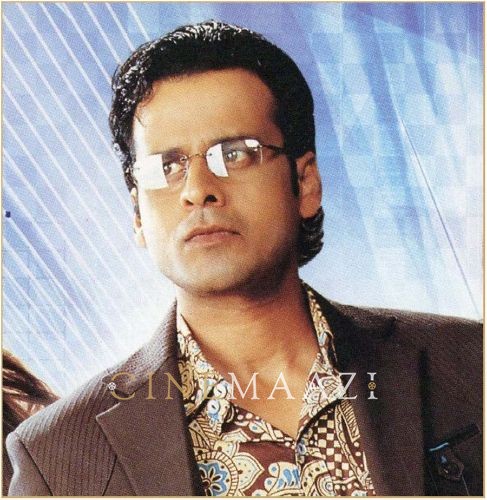
Subscribe to read full article
This section is for paid subscribers only. Our subscription is only $37/- for one full year.
You get unlimited access to all paid section and features on the website with this subscription.
Not ready for a full subscription?
You can access this article for $2 , and have it saved to your account for one year.
- Born: 23 April, 1969 (Belwa, Champaran, Bihar)
- Primary Cinema: Hindi
- Spouse: Neha
Multiple award-winning actor Manoj Bajpai has been hailed by director Shekhar Kapur for his skill “to portray a lot just by doing little,” and also for his “ability to transform himself like few others,” as filmmaker Hansal Mehta described. Hailing from a small village of West Champaran, Bihar, the son of a farmer, he is winner of three National Film Awards, four Filmfare Awards and two Asia Pacific Screen Award for Best Performance by an Actor, not forgetting the Padma Shri for his contributions to the arts. His passion for acting saw him work his way through four rejections by the National School of Drama, to finally land a one-minute role in his film debut, Drohkaal (1994). His breakthrough came essaying the hot-headed gangster Bhiku Mhatre in Ram Gopal Varma’s crime drama Satya (1998). His key films include Kaun (1999), Shool (1999), Pinjar (2003), Raajneeti (2010), Gangs of Wasseypur (2012), Chakravyuh (2012), Special 26 (2013), Aligarh (2016), and Bhonsle (2018). Regarded as a method actor and a director's actor, Bajpai is known for his unconventional roles in films. The earthiness and authenticity he brings to his performances has led to him never being typecast, and constantly springing new surprises as a performer.
Born 23 April, 1969 in Belwa, Champaran, Bihar, he is the second of five siblings born to a farmer father and a housewife mother. Enrolled in the village school, he later completed his schooling from Khrist Raja High School, Bettiah, followed by his 12th standard from Maharani Janaki College, Bettiah. Moving to New Delhi at the age of 17, he joined Ramjas College, Delhi University. Acting on his childhood dream of wanting to become an actor, he applied to the prestigious National School of Drama and was rejected. This happened a total of three times, leaving him suicidal. On actor Raghubir Yadav’s suggestion, he enrolled for director and acting coach Barry John's workshop, and ended up getting hired by John to assist him in teaching. Ironically, when Bajpai applied to the National School of Drama for the fourth time, he was offered a teaching position at the institute instead!
Manoj made his debut in a minute-long role in Govind Nihalani's Drohkaal (1994), followed by his role as dacoit Mann Singh in the Shekhar Kapur directed biographical Bandit Queen (1994). At the time, he also appeared in the television serials Kalakaar and Imtihaan, followed by Mahesh Bhatt’s soap opera Swabhimaan (1995). Struggling to carve a space in films, he featured in minor roles in films such as Dastak (1996) and Tamanna (1997). Cast by Ram Gopal Varma in a small role in Daud (1997), he was promised a meatier role in the future by the filmmaker—Varma made good his promise, casting him in his crime drama Satya (1998). Revolving around Bombay’s underworld, the film was a critical and commercial success, also winning Bajpai the National Film Award for Best Supporting Actor and Filmfare Critics Award for Best Actor for his performance as the iconic Bhiku Mhatre. Manoj Bajpai had arrived.
He won praise again for Shool (1999) playing an honest police officer caught in the politician-criminal nexus of Bihar. While the film won the National Film Award for Best Feature Film in Hindi, Manoj bagged the Filmfare Critics Award for Best Performance. His negative act in Rakeysh Omprakash Mehra's supernatural thriller Aks (2001) won him kudos. With sinister delight he portrayed Raghavan Ghatge, a criminal who dies and is reincarnated in the body of Manu Verma played by Amitabh Bachchan. In sharp contrast was his performance in Shyam Benegal's Zubeidaa (2001), which saw him play the understated Maharaja Vijayendra Singh of Fatehpur, a polo-playing prince with two wives, inspired by the real life Hanwant Singh, Maharaja of Jodhpur.
Road (2002) saw him essay a hitchhiker who turns out to be a psychopathic killer, for which he received another Filmfare nomination for Best Performance in a Negative Role. Pinjar (2003), based on the Punjabi novel of the same name written by Amrita Pritam, revolved around the Hindu-Muslim conflict during Partition. Bajpai played the dark and brooding Rashid, who kidnaps Puro (Urmila Matondkar) to settle scores with her family. A critical success, the film also bagged the National Film Award for Best Feature Film on National Integration, and won Manoj the National Film Special Jury Award for his performance.
Manoj continued to play a range of characters such as Grenadier Yogendra Singh Yadav in J P Dutta's war film LOC Kargil (2003) which bagged him a Filmfare Award for Best Supporting Actor nomination, a police officer who guns for justice after his 10-year-old daughter is raped and killed in Jaago (2004), and Zaara’s fiancé Raza Sharazi in Yash Chopra’s Indo-Pak romance drama Veer Zaara (2004), which was screened at the 55th Berlin Film Festival, and Major Suraj Singh in 1971 (2007) which told the story of six Indian army soldiers who escape from prison in Pakistan after they are captured during the Indo-Pakistani War of 1971.
Bajpai grabbed attention again in Prakash Jha's political thriller Raajneeti (2010) inspired by the Indian epic Mahabharata. He excelled as Veerendra Pratap Singh, based on the character of Duryodhana, essaying a greedy politician, who considers himself the rightful heir of a political family. The following year he made waves in Aarakshan (2011), a socio-drama revolving around caste-based reservations in Indian. The year 2012 brought Anurag Kashyap's crime drama Gangs of Wasseypur, with Bajpai featuring in the first part. Dubbed by some critics as his best performance since Satya’s Bhiku Mhatre, he essayed the villainous Sardar Khan with such realistic ferocity, he was left overwhelmed by the praise. The historical drama Chittagong (2012) saw Manoj play the Bengali Independence fighter Surya Sen, while Chakravyuh (2012) saw him essay a Naxalite in a praise-winning performance. The following year saw Bajpai shine in Neeraj Pandey's heist film Special 26 (2013) based on the 1987 Opera House heist, as well as the crime film Shootout at Wadala (2013) in which he essayed a character inspired by the gangster Shabir Ibrahim Kaskar. Prakash Jha’s Satyagraha (2013) saw Bajpai as part of the ensemble cast in a film that was inspired by social activist Anna Hazare's campaign against corruption.
The year 2016 saw Bajpai in one of his finest performances to date in Aligarh. His nuanced performance as Ramchandra Siras, a gay professor who was expelled from Aligarh Muslim University because of his sexuality, won him the Best Actor award at the 10th Asia Pacific Screen Awards and his third Filmfare Critics Award for Best Actor. The biographical sports film Budhia Singh – Born to Run (2016) saw him play the coach of Budhia Singh, the world's youngest marathon runner. Featuring in the spy thriller Naam Shabana (2017), a spin-off to the 2015 film Baby, Bajpai went on to play a character inspired by Arvind Kejriwal in Ram Gopal Varma’s Sarkar 3 (2017), the crime drama which was the third part in the Sarkar film series.
In 2018, Manoj acted in and made his debut as producer with the psychological thriller Missing, which co-starred Tabu. Featuring in the John Abraham-starrer Satyameva Jayate (2018), a vigilante action film, he had appeared in the psychological drama Gali Guleiyan (2017). His performance as an electrician living in Old Delhi, who starts losing his grasp over reality, bagged him the Best Actor award at the Indian Film Festival of Melbourne, and was screened at several international film festivals across the world. He also featured in Tabrez Noorani's ensemble drama Love Sonia (2018), a film about sex trafficking.
The Devashish Makhija-directed Bhonsle (2018) saw Manoj play a terminally ill retired Mumbai cop who strikes up a friendship with a North Indian girl, at a time when the locals are attempting to drive migrants out of the city. He won his first National Film Award for Best Actor and second Asia Pacific Screen Award for Best Performance by an Actor, for his performance which was met with rave reviews, for his internalisation of the character. Excelling as the rebel dacoit Man Singh in Abhishek Chaubey's action film Sonchiriya (2019), Bajpai next wowed audiences in the spy action drama web series The Family Man. Essaying the role of a middle-class man who secretly works for an intelligence agency, his performance was dubbed effortlessly excellent, winning him the Critics Choice Best Actor, Drama Series Award at the 2020 Filmfare OTT Awards.
More recent outings include a supporting role in Shirish Kunder's crime thriller film Mrs. Serial Killer (2020), the comedy Suraj Pe Mangal Bhari (2020), and the thriller Silence... Can You Hear It? (2021).
Over the years, he has also acted in Tamil and Telugu language films such as Prema Katha (1999), Happy (2006), Vedam (2010), Samar (2012), and Anjaan (2014). He has also featured in short films such as Jai Hind (2015), Taandav (2015), Kriti (2016), and Ouch (2016).
On the personal front, Manoj Bajpai was married to a girl from Delhi; the couple divorced during his period of struggle. Meeting actress Shabana Raza, who is also known as Neha, after her debut film Kareeb(1998), the couple went on to marry in 2006. They have a daughter, Ava Nayla.
-
Filmography (4)
SortRole
-
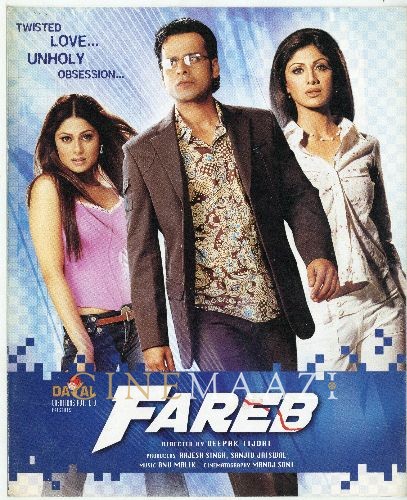
Fareb 2005
-

Fiza 2000
-

Bandit Queen 1994
-
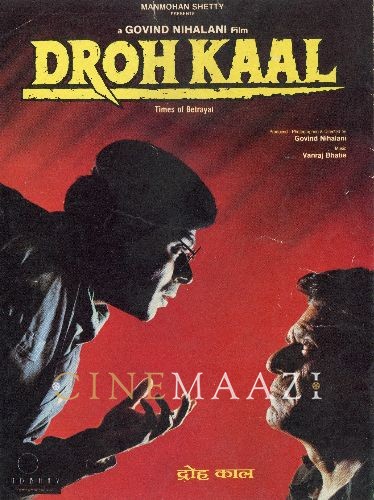
Droh Kaal 1994
-



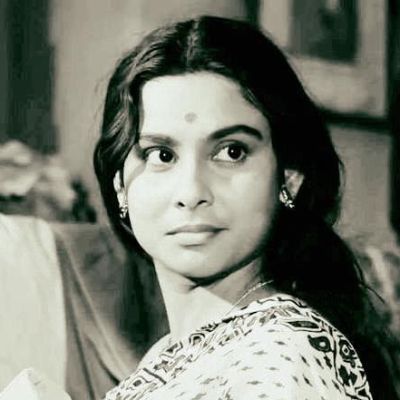
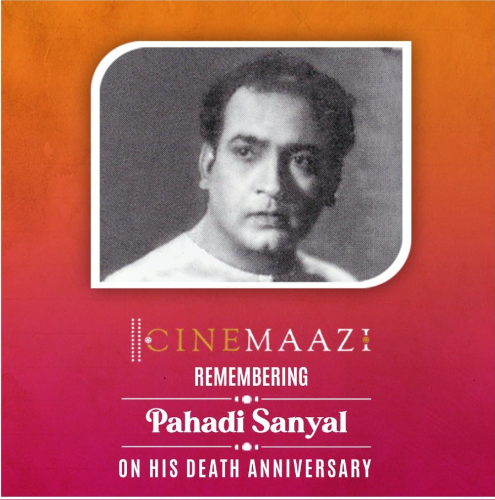
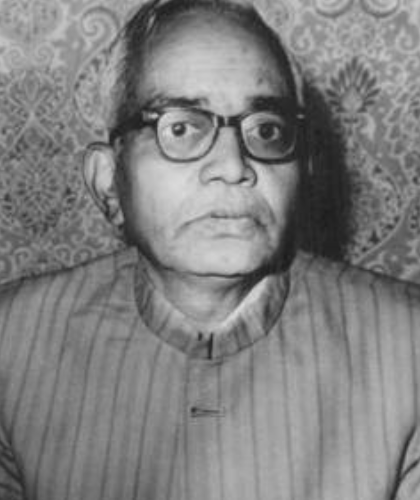

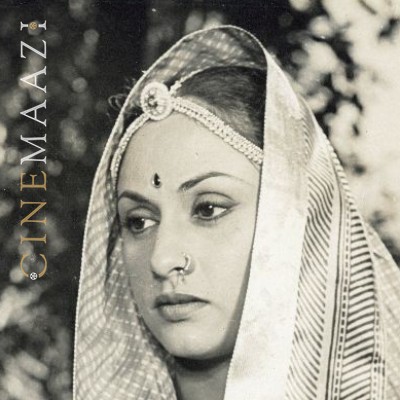




.jpg)



